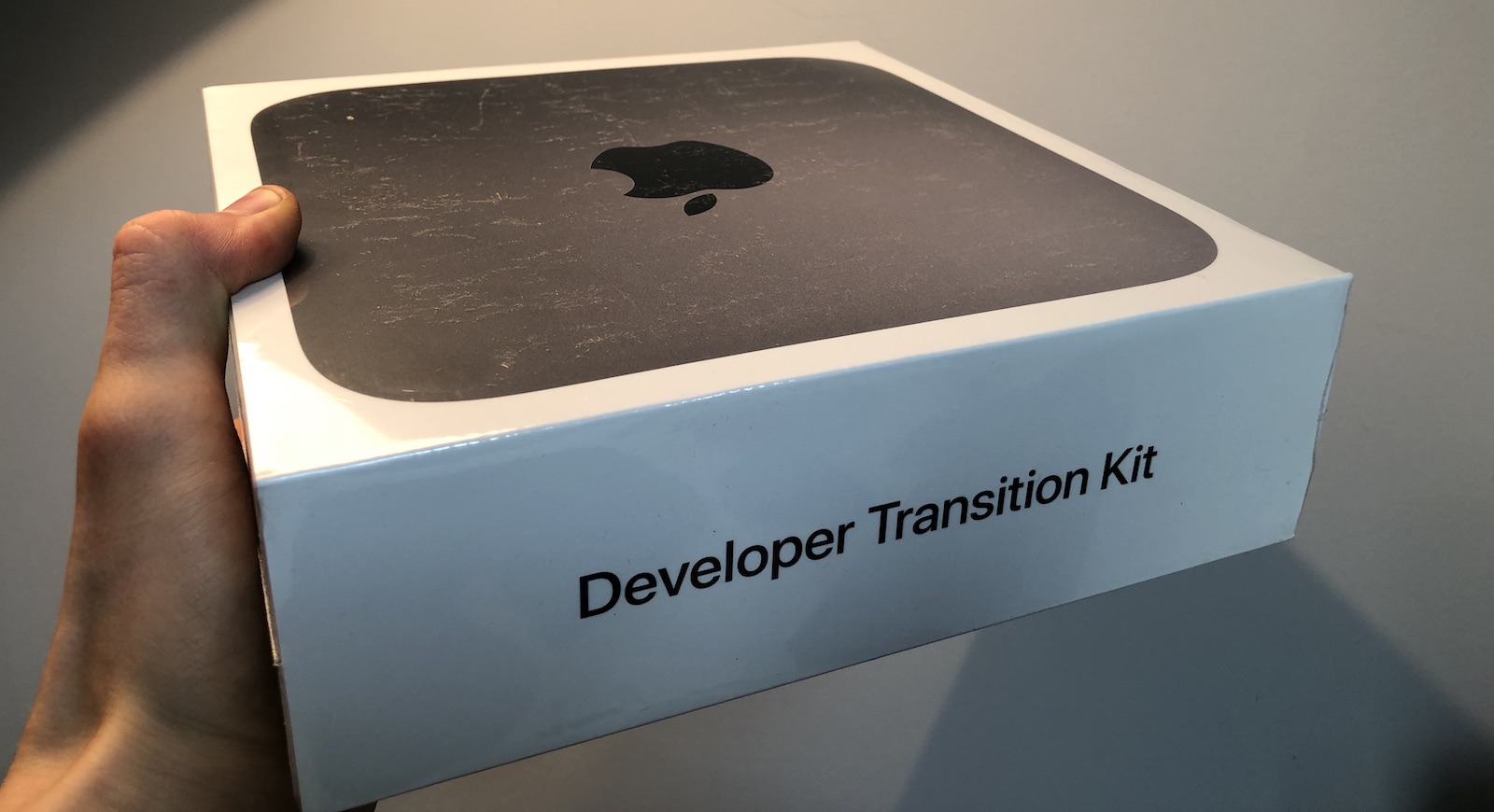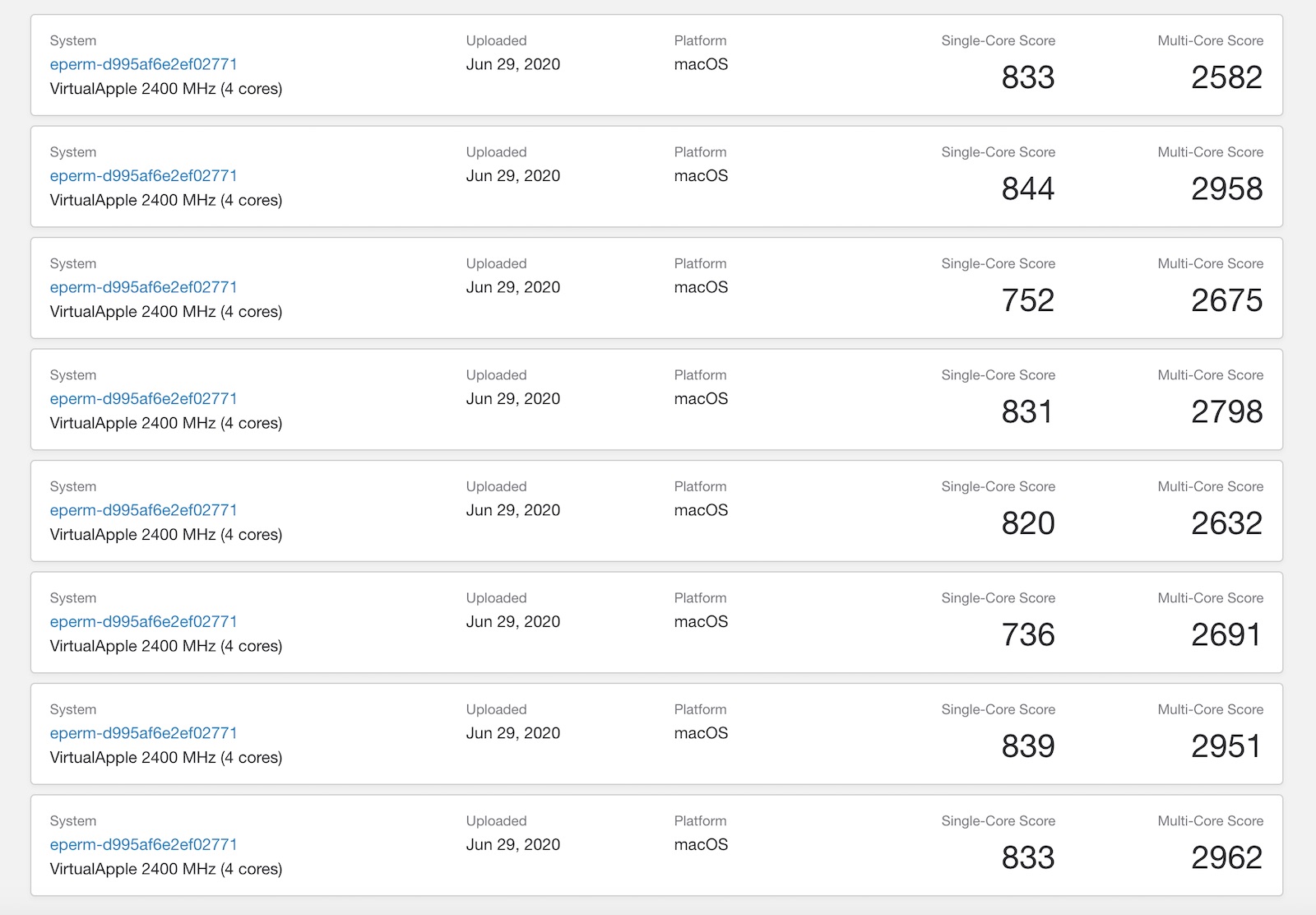At the cost of breaking compatibility down the entirety of their product line, losing dual-boot, and hacking off everyone that has bought a machine that will now be completely useless when the transition completes in 2 years.
Nah not useless. In the last transition Apple ended support for Power PC in 2009 (4 years later) and Rosetta version one lost support in July 2011 when Lion came out. The intel macs were announced in June 2005 with the same two year transition.
As Apple seems to be following the same pattern your Intel mac should still be viable in 2025 and they'll probably support and create an Intel version on the Mac Pro for a little longer.
Regarding Windows - that's up to Microsoft really, it's not really Apple's problem. I can see Microsoft wanting to have as many seats as possible so an ARM version that doesn't suck is probably 9-18 months away.
To be fair even if you purchased an ARM mac in 2021 you'll probably be thinking about upgrading in 2025 anyway when the technology matures.




